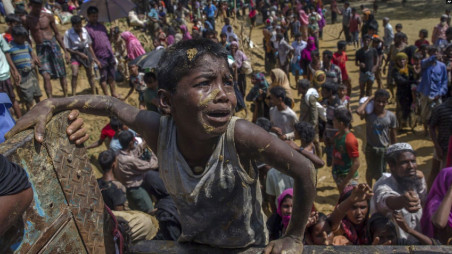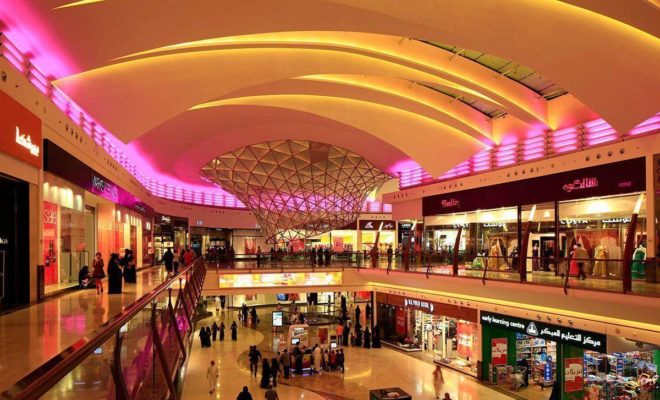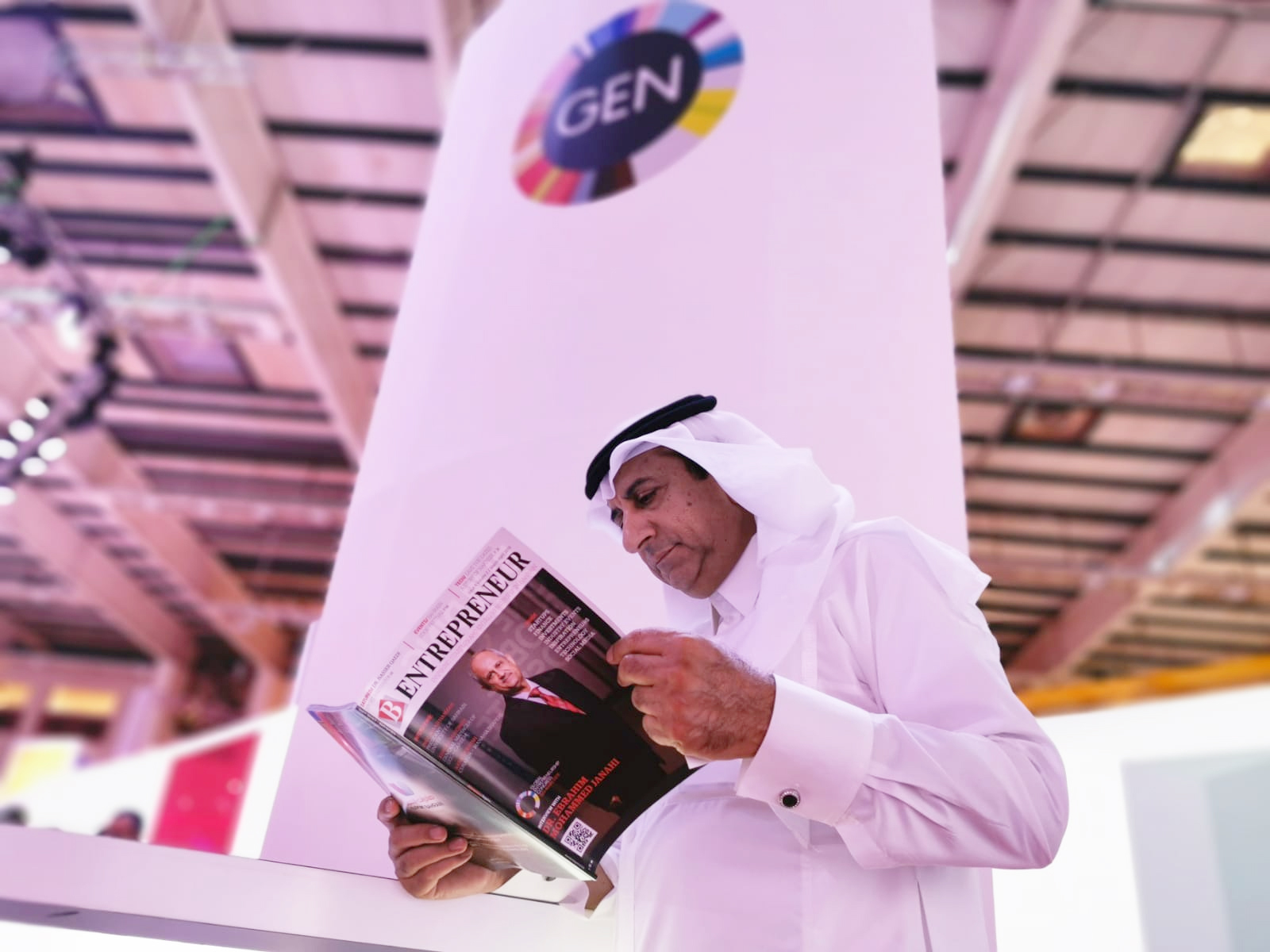Oil prices jump as Saudi Arabia extends output cuts
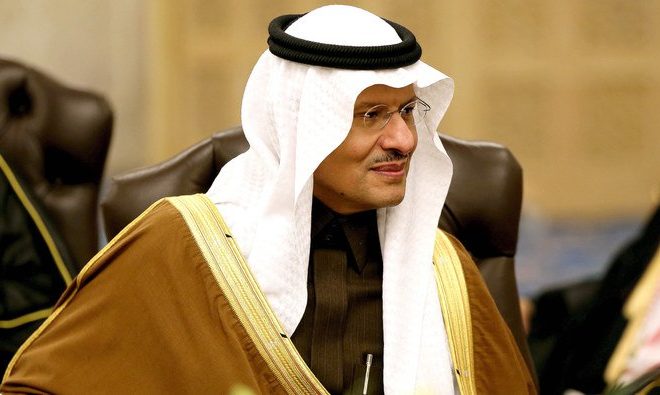
Saudi Arabia’s Energy Minister, Prince Abdulaziz, said Thursday that the Kingdom was extending its voluntary 1 million barrel per day (BPD) oil output cut while urging caution and vigilance. The Kingdom will decide when to gradually phase out the reduction in the coming months, according to Prince Abdulaziz. We are not in a rush to put it after the meeting,” he said, adding that the decision on the voluntary cut will be made “at our leisure.”
Following the conference, which agreed to maintain current output levels, oil prices soared to their highest level in over a year, indicating the possibility of an even tighter market next month. While the prince was speaking, Brent crude, the global benchmark, jumped over 5% to about $65 per barrel. The meeting was held electronically to discuss the future of global oil supply cuts and the next crucial steps for global crude markets. After the launch of the coronavirus pandemic vaccine program, the meeting was convened in anticipation of an increase in production levels in the face of a significant recovery in the oil price over the last month. The minister noted that the percentage of compliance among OPEC + members has reached high figures, and there is a great understanding between them while chairing the 14th meeting of OPEC and non-OPEC countries.
“We learned the difficulty of forecasting in an unpredictable environment last year, and we emphasize the importance of caution and anticipation, particularly as our efforts mitigated the impact of the three waves of the virus, the allied countries’ production cuts, and Saudi Arabia’s voluntary reduction of one million barrels per day in February and March,” he mentioned while emphasizing that this has led to an acceleration of the market regaining its balance.
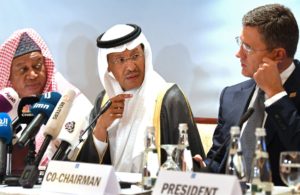
“Everything we’ve accomplished will not be for naught, and our efforts will not be in vain. Before we take some more measures, let us make sure that the light on the horizon is not a mirage, and that the best course of action right now is to keep working, and that we have contingency and backup plans in place in case anything unforeseen happens,” he said. Nigeria’s efforts to complete the compensation schedule for increasing output were lauded by the minister, who expressed hope that compensation for the rest of the countries would be completed as well.
Oil rose to its highest level in more than a year after the OPEC+ alliance shocked traders by maintaining output levels, indicating the possibility of a tighter market next month. On Thursday, futures in New York rose more than 5% to their highest intraday level since January 2020, while global benchmark Brent rose as well. On Thursday, at 15:57 GMT, Brent crude futures rose $ 3.04 to $ 67.11 a barrel, or 4.7 percent, while US West Texas Intermediate crude rose $2.84 to $64.12.
Crude has recovered this year after the group and its allies cut production to help the market rebalance after a virus-induced slump last year. With the roll-out of COVID-19 vaccines, proactive supply management has helped to drain inventories, although global demand is recovering.


